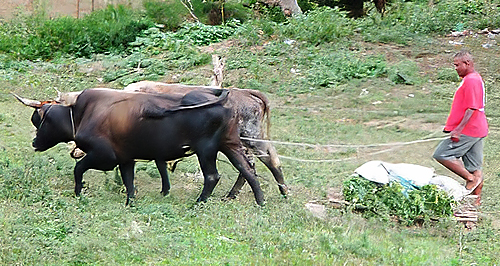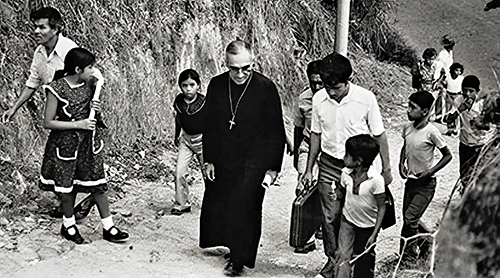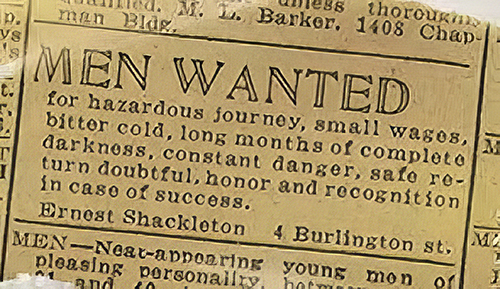A small Gospel reading, but big things come in small packages.
Jesus said, “Come to me, all you that are weary and are carrying heavy burdens, and I will give you rest. Take my yoke upon you and learn from me; for I am gentle and humble in heart, and you will find rest for your souls. For my yoke is easy, and my burden is light.”
The very nature of a yoke is that it is made for two!

No doubt in the workshop of Joseph, Jesus would have assisted in producing many yokes for donkeys, mules, and horses. He would know the difference between one that fitted well and one that chafed the animal’s neck.
[I am informed that in the Yellow Pages for the township of Nazareth, there was an advertisement that ran, “Joseph and Son, quality carpenters: our yokes are easy, the burden will be light.”]
Just down from the Church property on the island of Ovalau in the Fiji group of islands, there was a small land holding, and frequently the land was readied using oxen yoked together.
I would sit on the porch of the parish house and watch the landowner working his oxen.
One day, I wandered over and, for want of a better phrase, asked Josefa, “How does a new young ox learn the yoke trade“
“Simple” the landowner replied, “we match a young ox with a seasoned veteran, and the young learn from the old” .
Listen again to the words of Jesus, “Take my yoke upon you, and learn from me” .
The yoke belongs to Jesus.
The invitation is to become “yoked” with him, and to learn from him.



